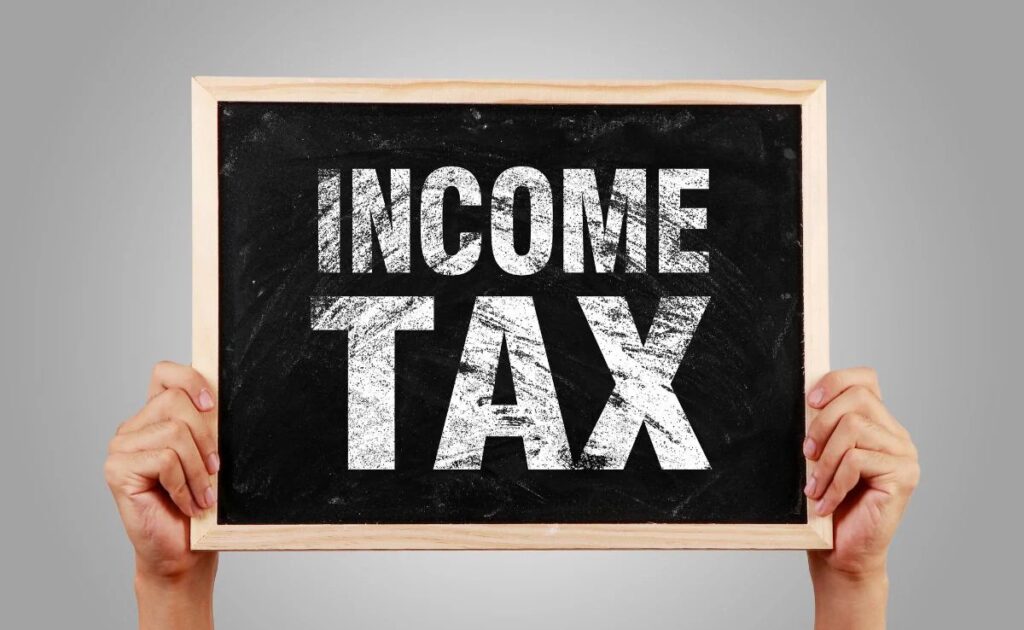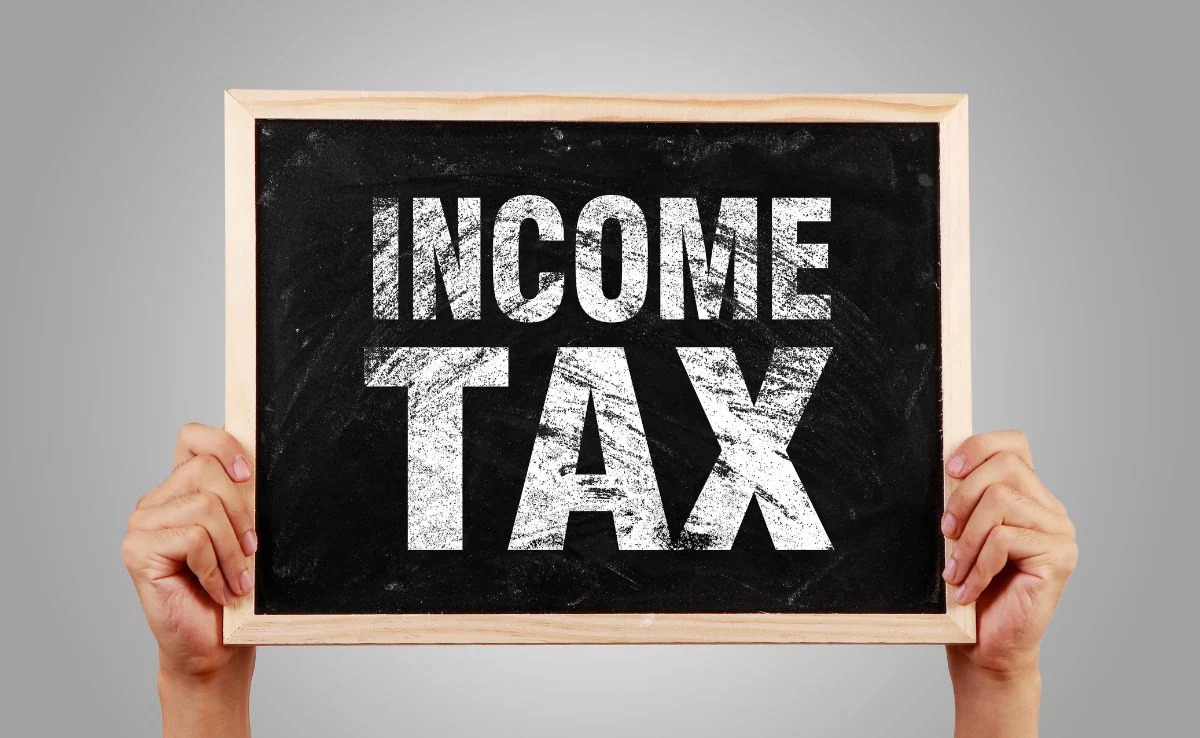
The recently enacted New Tax Act 2025, which replaces the decades-old Income Tax Act of 1961, has sparked debate among small taxpayers over the fate of the earlier zero penalty safeguard that shielded individuals with minor defaults. Under the previous framework, taxpayers with income below a certain threshold were largely protected from heavy penalties in cases of unintentional mistakes or delayed filings.
Experts now caution that the New Tax Act 2025 may have altered this privilege. Unlike the older provisions that exempted small taxpayers from stringent penalties, the updated law appears to impose stricter compliance requirements without explicitly safeguarding lower-income groups. This has led to growing apprehension among salaried employees, pensioners, and small business owners who relied on the earlier leniency.
While the government has defended the Act as a measure to bring greater clarity, simplification, and uniformity in tax administration, tax professionals argue that the absence of clear protective clauses could leave small taxpayers exposed to fines and notices for minor errors. Some experts point out that the move might be aimed at discouraging casual compliance, pushing even smaller taxpayers to adopt more accurate digital filing practices.
However, not all agree that the privilege has been fully removed. A section of analysts believe that relief may still be available in the form of reduced penalty slabs or case-by-case waivers, though this will depend on how the rules are enforced by tax authorities in practice.
The issue has triggered fresh calls for the government to release detailed clarifications to prevent ambiguity. Without clear guidelines, small taxpayers risk facing undue stress and financial burden at a time when the government is also encouraging greater tax base expansion.
Key Highlights
The New Tax Act 2025 raises doubts about the continuation of zero penalty protection for small taxpayers.
Experts warn of stricter compliance without explicit safeguards.
Some analysts believe relief could still exist through revised penalty slabs.
Government yet to issue detailed clarifications on implementation.
Concerns rise among salaried individuals, pensioners, and small businesses.
Who Should Take Action – Specific Advice
Small taxpayers should maintain accurate digital records and file returns well within deadlines to avoid potential penalties. Tax professionals recommend seeking expert advice before submission, especially for those with multiple income sources. Policymakers should consider issuing clear circulars to safeguard genuine taxpayers and reduce compliance-related anxiety.
India Advocacy Insight
The debate around the zero penalty privilege underscores the need for balanced tax reforms that simplify compliance without overburdening honest taxpayers. At India Advocacy, we emphasize that protecting small taxpayers while ensuring accountability is vital to sustaining trust in the new tax regime.
![]()




